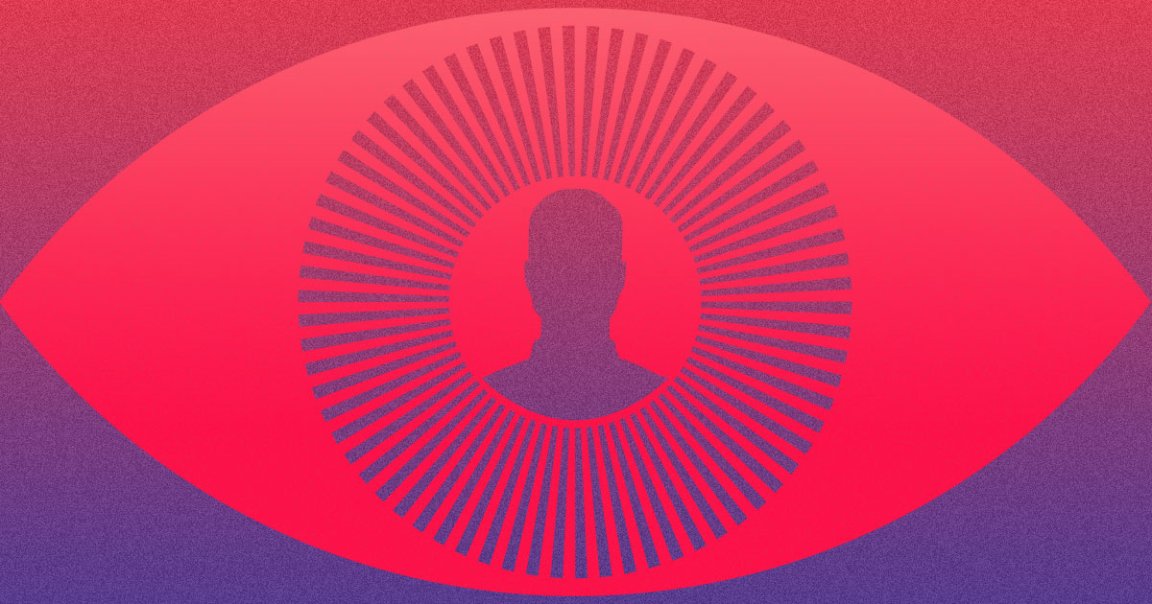
Big Brother
One of the most straightforward ways to monitor — and hopefully limit — the spread of the coronavirus is using technology for contact-tracing: using smartphone location data, some argue, it’s possible to tell who came into contact with an infected person and when.
But contact-tracing has serious privacy implications — it essentially means constant surveillance over our every move. And one professor argues that we should just accept that risk and do it anyway.
High Stakes
Kevin Warwick, a cybernetics professor emeritus at the University of Reading, argues that while contact-tracing apps should be secure, people skittish about giving up privacy ought to adjust their priorities.
“Our concept of privacy must change, particularly at a time of exceptional circumstances such as these,” Warwick said in a press release. “We have a plethora of information available, yet we do not use it.”
All Hands
In Warwick’s view, refusing to share location data due to privacy concerns is a matter of being naïve.
“We must get real,” he said. “We are in a global technological world yet we are using ethical standpoints from the 19th century. Big Brother is with us now, so for our own good we should use it to help not hinder us.”
READ MORE: Big Brother is already watching you – so let him help fight COVID-19 [University of Reading]
More on contact-tracing: A Growing Number of Countries Tap Phone Data to Track COVID-19